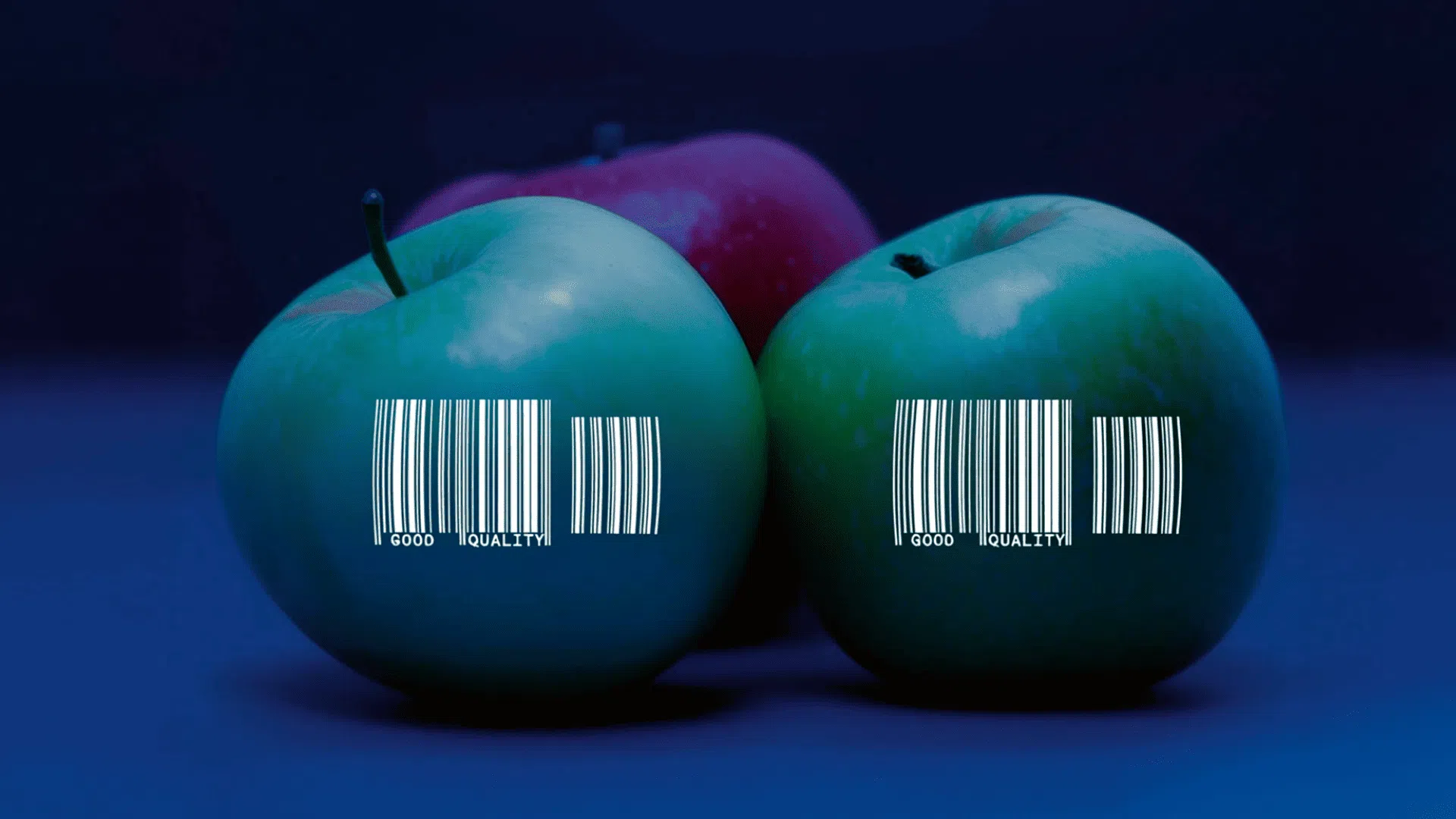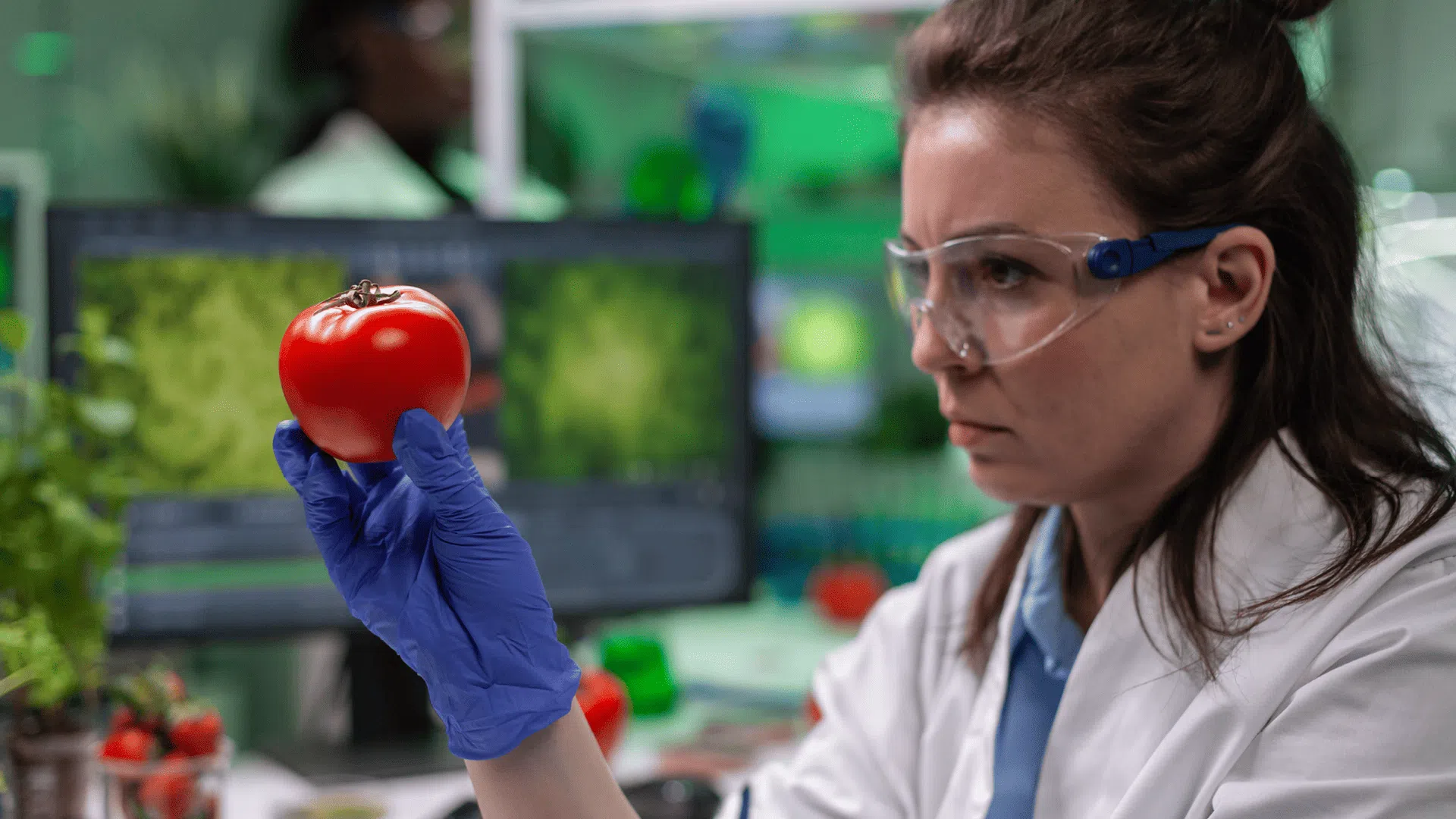Traceability means being able to track food throughout its entire life cycle. We explain how you can guarantee this.

Summary:
Food safety audits are not only a legal requirement today but also a key competitive advantage. They protect consumers, reduce the risk of costly and labor-intensive recalls, and enhance trust in your brand. Simultaneously, they open doors to important trade channels that expect partners certified to GFSI-recognized standards. But how can you navigate these audits safely and successfully? Our guide explains the value of audits for your company, how to effectively prepare for them, and why a modern industry-specific ERP simplifies the path to a secure start in the audit process.
A food safety audit is a systematic and documented evaluation of your food safety management system. Auditors examine processes, evidence, and the current flow of your production. The aim is to determine compliance with laws and standards and to identify opportunities for improvement. The outcome is more than just a report: it is an effective tool for defining clear actions, setting priorities, and making the effectiveness of your processes measurable—from the quality audit in production to the supply chain.
Quality audits create security – for people, markets, and your brand. Regular quality audits help you identify risks early, avoid costly recalls, and enhance reliability throughout the entire supply chain. For sales, recognized certificates such as BRCGS/IFS or SQF are often the key to entering new markets, as many customers see them as a requirement. Internally, quality audits also play a significant role: they foster a culture where quality is not only documented but actively practiced. This includes targeted training to ensure all participants are well-versed in their roles, responsibilities, and the control of critical control points (CCPs) in daily operations.
The 5 C's of food safety is a concept for the safe handling of food. It serves as a mnemonic that makes complex requirements more tangible by summarizing the key areas of food safety and providing teams with quick guidance—in everyday situations and during quality audits. The following core areas of food safety are captured by the 5 C's in English terms:
Mastering these "5 C's" in daily operations proactively addresses most quality audit questions.
Proper preparation is key to reliable audit success. Start with an internal walkthrough and compare documents with real practices through random sampling.
A structured approach on the audit day enhances confidence: Prepare a room for discussions, assign designated escorts for the tour, and ensure you can quickly access reports and data. A template for corrective and preventive actions (CAPA) aids in systematically recording any deviations.
Modern ERP systems with a focus on specific industries simplify and support quality audits.
The benefits are diverse: While digital systems replace isolated paper and spreadsheet solutions with clean, versioned evidence, continuous traceability ensures that test recalls take minutes instead of hours. Automated inspections and alerts, such as those for temperature fluctuations, calibrations, or CCP monitoring, reduce manual errors and generate comprehensive logs.
Another advantage: Standardized workflows for quality and CAPA ensure deviations are not only corrected but also verified for effectiveness. Reports and exports for the audit can often be generated at the push of a button. This transforms the audit from a strenuous task into a manageable process.
These effects arise when processes, data, and proofs seamlessly integrate – without media disruptions or detours. This is where Yaveon 365 for the food industry comes into play.
Your specific benefits:
Yaveon 365 is the ERP for the process manufacturing industry in the Microsoft ecosystem that integrates audit requirements directly into the workflow. Active in the background, present at critical moments.
 How to trace food and beverages safely – Beitrag öffnen
How to trace food and beverages safely – Beitrag öffnen
Traceability means being able to track food throughout its entire life cycle. We explain how you can guarantee this.
 Quality control in food production – Beitrag öffnen
Quality control in food production – Beitrag öffnen
See how quality control keeps food safe and consistent through testing and regulatory standards.
 Sustainability in the food industry – Beitrag öffnen
Sustainability in the food industry – Beitrag öffnen
How an ERP system for food production helps to reduce waste, lower CO₂ emissions and promote sustainable processes.